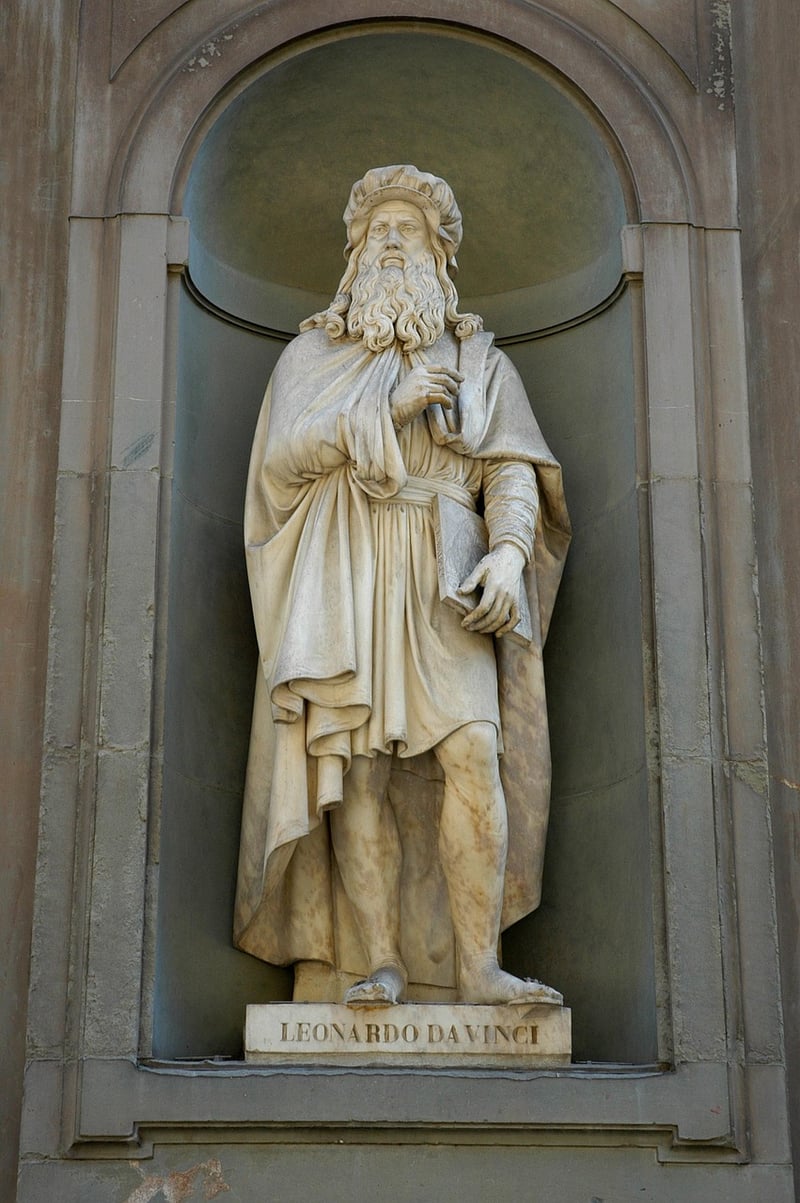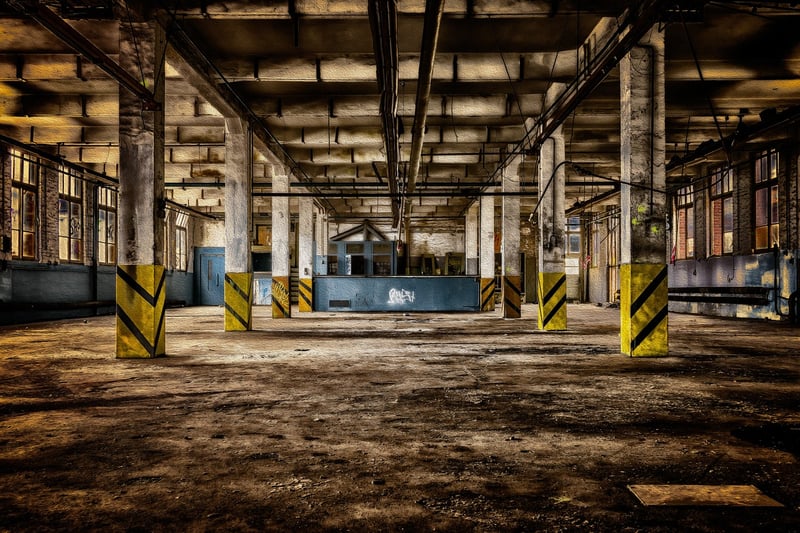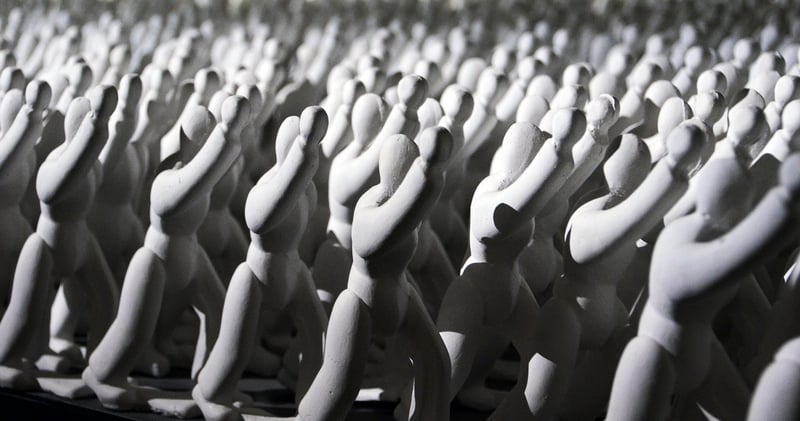Industrial Revolution
Exploring Different Historical Periods and the Industrial Revolution
History is a fascinating tapestry woven with different periods that have shaped the world we live in today. From ancient civilizations to modern revolutions, each era holds its own significance. One pivotal period that significantly altered the course of history is the Industrial Revolution, which marked a shift from agrarian societies to industrialized nations. Let's delve into various historical periods and explore the impact of the Industrial Revolution.
Ancient Civilizations
Ancient civilizations such as Mesopotamia, Egypt, Greece, and Rome laid the foundation for human development. These societies made advancements in areas like architecture, philosophy, and governance, leaving a lasting legacy that continues to influence us today.

Medieval Times
The medieval period was characterized by feudalism, chivalry, and the rise of powerful empires like the Byzantine and the Holy Roman Empire. It was a time of knights, castles, and significant advancements in art and literature.

The Renaissance
The Renaissance was a period of rebirth in art, culture, and intellectual pursuits. It gave rise to great thinkers like Leonardo da Vinci, Michelangelo, and Galileo, who made groundbreaking discoveries in various fields.

The Industrial Revolution
The Industrial Revolution, starting in the late 18th century, marked a significant shift in manufacturing processes, leading to urbanization and technological advancements. Steam engines, factories, and mechanized production transformed societies and economies.

In conclusion, exploring different historical periods provides us with a deeper understanding of how civilizations evolved over time. The Industrial Revolution stands out as a pivotal moment that reshaped the world's economic and social landscape, laying the groundwork for modern industrial societies. By studying these historical eras, we can appreciate the progress made and learn valuable lessons for the future.
